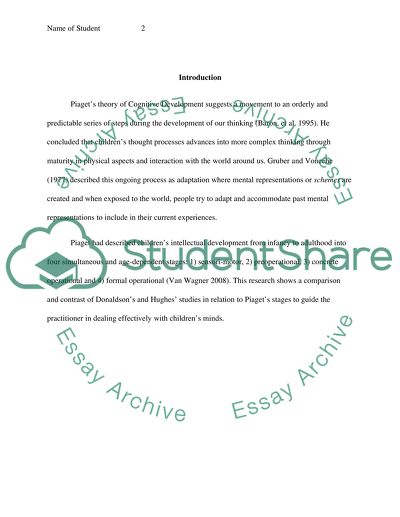Cite this document
(“Child Development and Childhood Book Report/Review”, n.d.)
Child Development and Childhood Book Report/Review. Retrieved from https://studentshare.org/psychology/1516189-child-development-and-childhood
Child Development and Childhood Book Report/Review. Retrieved from https://studentshare.org/psychology/1516189-child-development-and-childhood
(Child Development and Childhood Book Report/Review)
Child Development and Childhood Book Report/Review. https://studentshare.org/psychology/1516189-child-development-and-childhood.
Child Development and Childhood Book Report/Review. https://studentshare.org/psychology/1516189-child-development-and-childhood.
“Child Development and Childhood Book Report/Review”, n.d. https://studentshare.org/psychology/1516189-child-development-and-childhood.


